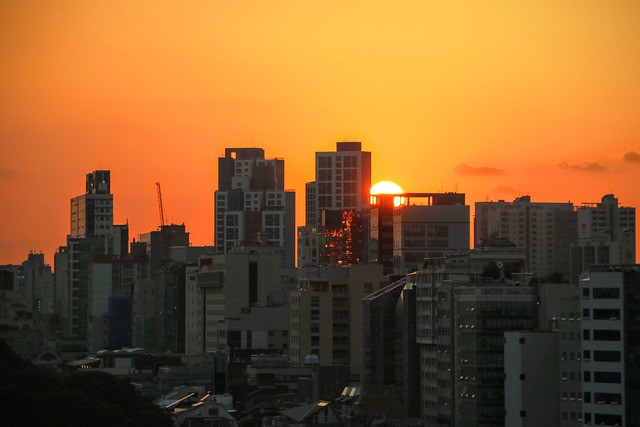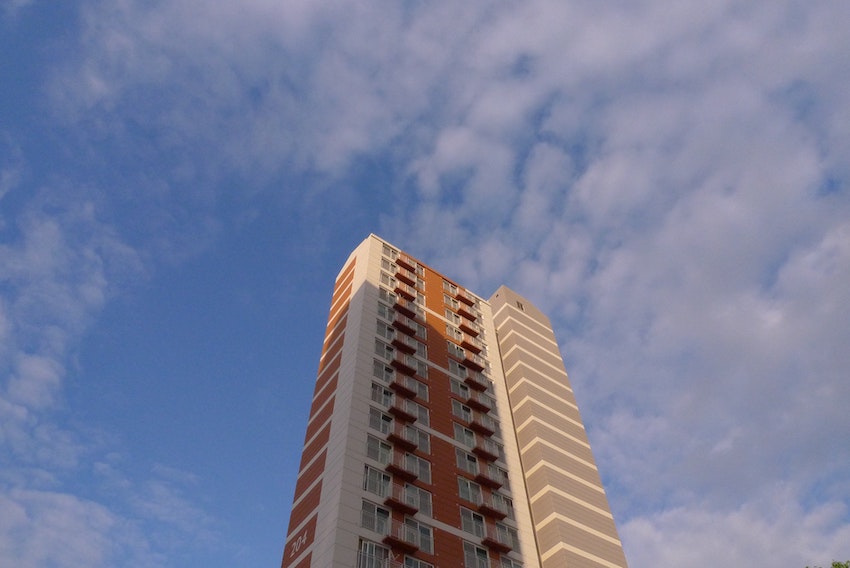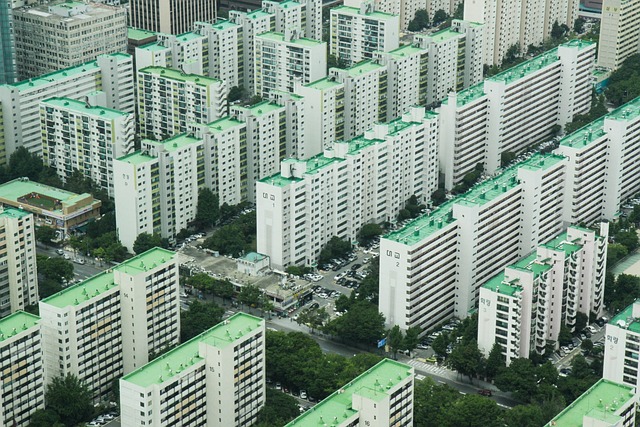Certainly, in many societies including Korea, the price of apartments can have a significant impact on social stratification and class distinctions. Here’s how the price of apartments can contribute to social variation:
쉬운 목차
Affordability and Socioeconomic Status
The price of apartments often reflects their quality, location, and amenities. Those who can afford higher-priced apartments tend to have a higher socioeconomic status, while those who can only afford lower-priced apartments may have a lower socioeconomic status. This division can contribute to the stratification of society.
Access to Resources
Higher-priced apartments are often located in desirable neighborhoods with better access to quality education, healthcare, transportation, and job opportunities. Those who can afford such apartments have better access to these resources, enhancing their quality of life and opportunities for advancement.

Neighborhood Segregation
High-priced apartments are often concentrated in certain neighborhoods, leading to residential segregation. This can result in neighborhoods with homogeneous socioeconomic backgrounds, reinforcing class divides and limiting interactions between different social groups.
Education
Access to high-quality education is closely tied to housing affordability. Expensive apartments are often located in areas with prestigious schools, providing advantages for the children living there. This can perpetuate educational disparities between different social classes.

Networking and Social Circles
People living in higher-priced apartments often have access to exclusive social networks and circles that can lead to better job opportunities and social mobility. On the other hand, those in lower-priced apartments might have limited exposure to such networks.
Perceived Status and Prestige
Owning or living in an expensive apartment can be seen as a status symbol. It can influence how an individual is perceived by others and can impact self-esteem and social interactions.

Cultural and Lifestyle Differences
Higher-priced apartments often come with more amenities and services, influencing the lifestyle and cultural experiences of the residents. This can further differentiate social groups based on their housing choices.
Social Mobility
Affordable housing options can play a role in facilitating upward social mobility. Lack of access to such options might hinder individuals from lower socioeconomic backgrounds from improving their circumstances.

Gentrification
Rising apartment prices can lead to gentrification, where wealthier individuals move into lower-income neighborhoods, leading to increased property values but also displacing long-term residents who can no longer afford to live there.
Economic and Political Influence
Those who own high-priced apartments often have more economic resources, which can translate into greater political influence and decision-making power.
Public Services and Infrastructure
Government investments in public services, infrastructure, and urban development might prioritize areas with higher-priced apartments, leaving lower-income areas with fewer resources.
In societies where apartment prices strongly correlate with social stratification, addressing housing affordability becomes crucial for promoting social equity. Policies and initiatives that focus on affordable housing, urban planning, and socioeconomic development can help mitigate the negative impacts of housing-related social disparities.